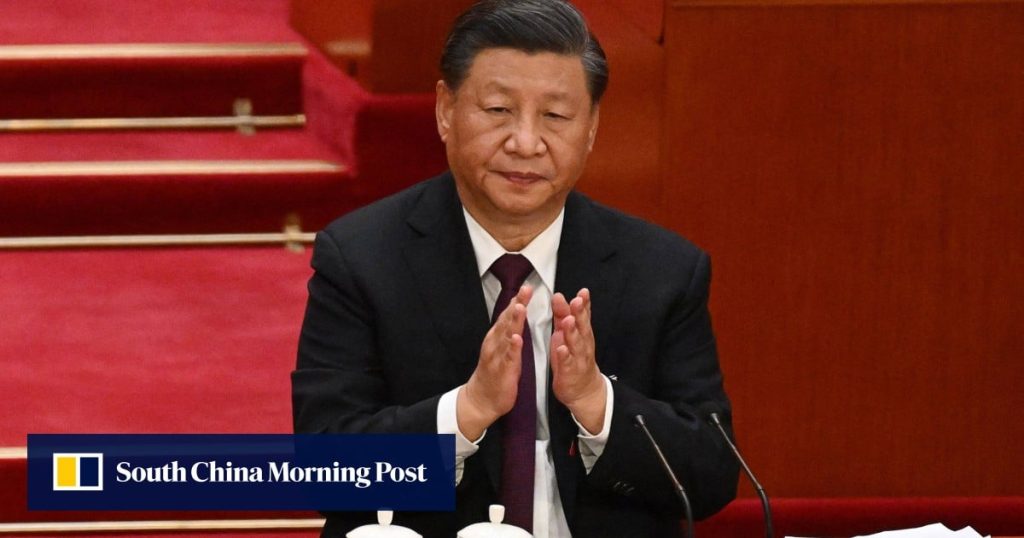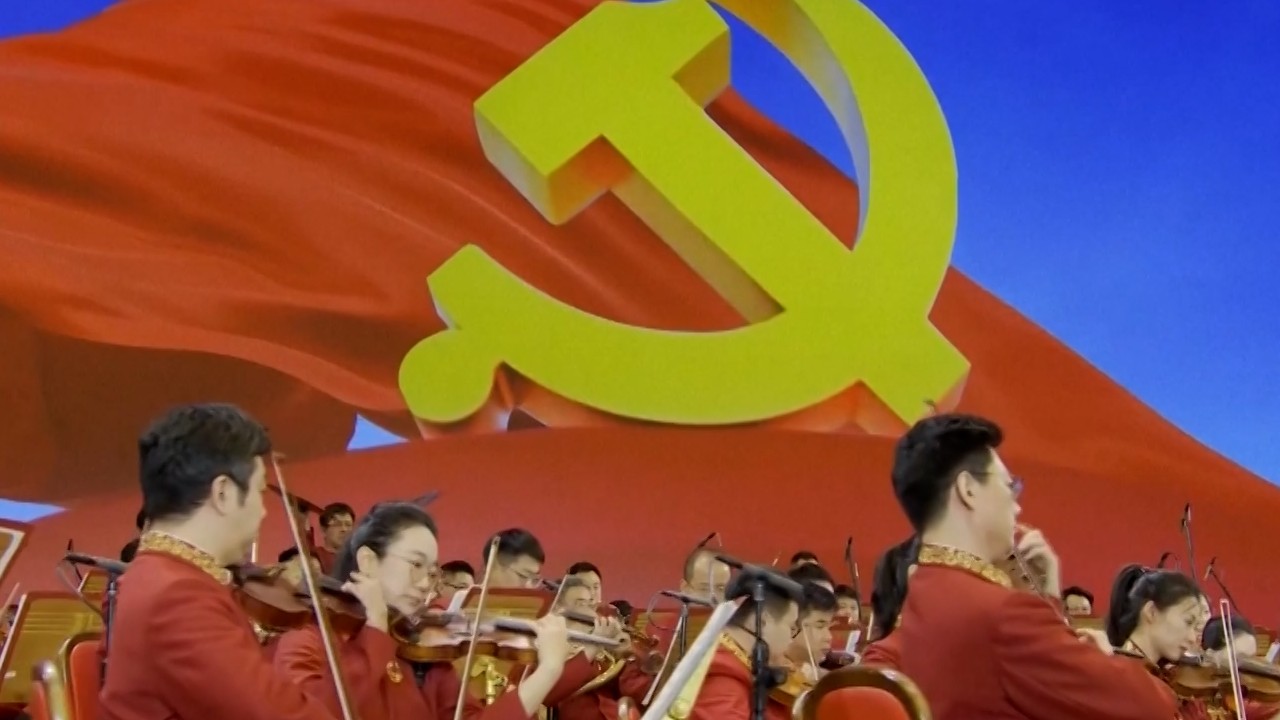The country on Tuesday reported weaker-than-expected growth figures for the first half of the year, leading some investment banks, including Goldman Sachs, to cut their full-year growth forecasts for the world’s second-largest economy.
As Xi prepared to deliver his work report behind closed doors, the party’s main theoretical magazine Qiushi published Xi’s slogan on Tuesday under the headline “Maintain self-confidence and self-reliance.”
It urged its members to demonstrate unwavering faith and determination in the development path China has set for itself, warning that there are no “ready-made solutions” or “foreign instruction manuals” for China to follow.
The magazine also included excerpts from his past speeches, including the following passage: “The Chinese economy has not collapsed because of the ‘China collapse theory’, nor will it stop growing because of claims that the Chinese economy has hit a plateau. China’s development prospects are bright, and we have faith and confidence.”
This, combined with articles published in other official media, including the state news agency Xinhua, which praised him as a “purebred reformer”, suggests there will be no major change in direction.
Instead, Beijing is likely to stick to a development strategy focused on technology, advanced manufacturing, and other areas it considers important to the nation’s overall strength.
While this may differ from the typical Western understanding of “reform” as meaning market liberalization, it is consistent with President Xi Jinping’s vision of improving party governance and achieving China’s “great rejuvenation.”
Xinhua praised Xi as a “statesman, thinker and strategist” who has “always shouldered the heavy responsibility of reform” and “individually reviewed and revised all major plans.”
The paper also described him as “the country’s other outstanding reformer after Deng Xiaoping”, noting that the two top leaders “faced significantly different historical circumstances”.
Deng Xiaoping had to build an impoverished China from scratch, but when Xi came to power China was already the world’s second-largest economy, but many of the advantages that had underpinned its rapid development, such as cheap labor, were already beginning to fade.
“Xi did not rest on his laurels at the achievements of his predecessors, but made every effort to carry out reforms despite being aware of the difficulties,” Xinhua said, adding that Xi had played a role in all of China’s major reforms throughout his career.
According to a separate Xinhua article, President Xi has presided over 72 meetings since coming to power in 2013 and has directly led all reform programs since then.
Xie Maosong, a senior researcher at Tsinghua University’s Institute of National Strategy, said the official message made it clear that Xi would not deviate from the path he had chosen and would institutionalize his reforms as his “major political legacy.”
Deng Yuwen, former deputy editor-in-chief of the Study Times, the newspaper of the Central Party School, warned that the party needed to keep a close eye on public sentiment amid growing discontent over a weakening economy.
“People want basic things like more ambitious people, fairer employment opportunities and food safety. The party must show it can achieve these goals.”



